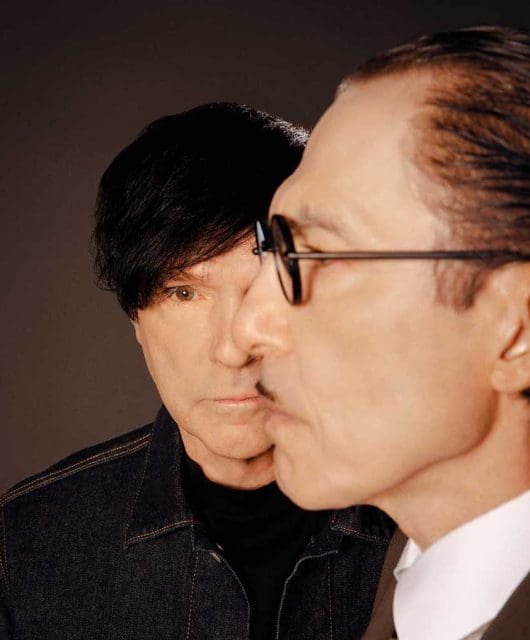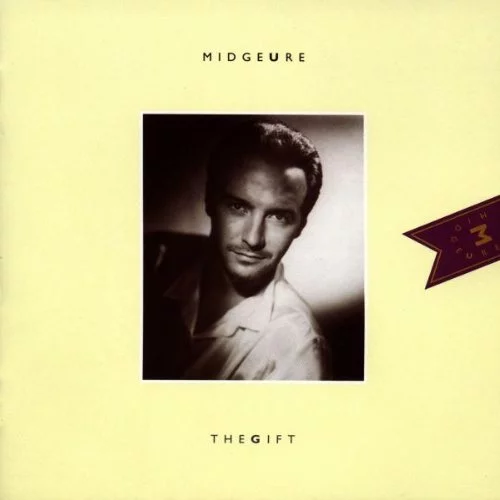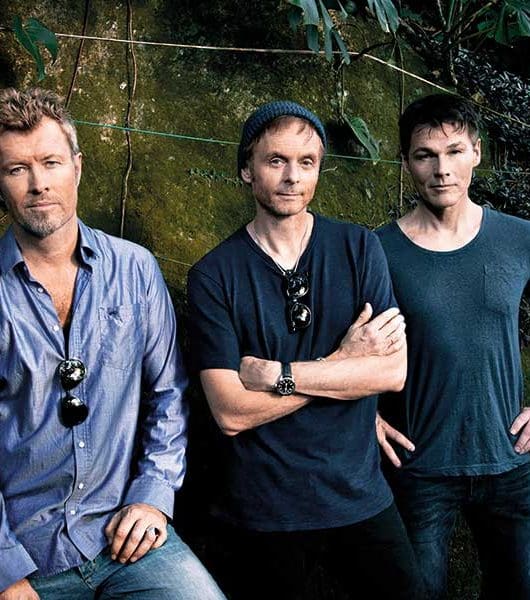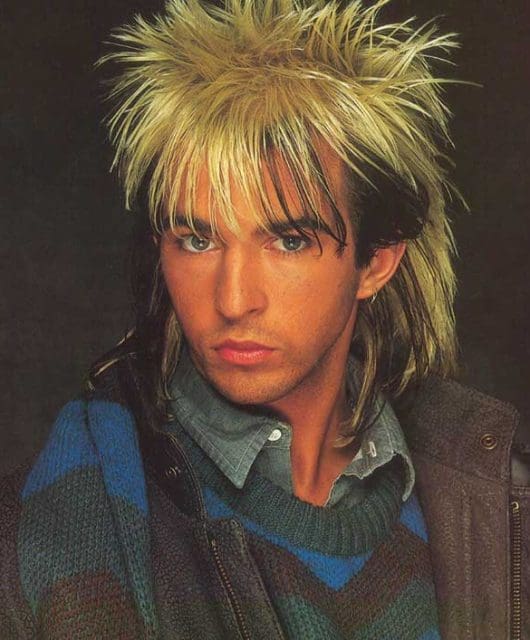Making Air: Moon Safari
By Andy Jones | April 8, 2022
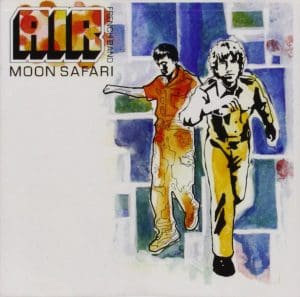
With Moon Safari, Air paved their own path, one that wasn’t dance or Britpop. Bonjour, you sexy boys… By Andy Jones
Ironically, it was the high-bpm ravers who bought chillout music to the fore. The sweaty mainrooms of 90s clubland started to be complemented with lower-bpm comedown dens, and a new, calming musical movement – lovingly sold to us with images of sunrises in bars in Ibiza, but really soundtracking any warehouse dive in Essex – arrived, to swaddle many a musical style, as long as it existed at less than 90 beats per minute.
Kitsch sat alongside electronic, ambient alongside classical. Loungecore or chillout, whatever you called it, these were calming tones to soothe the ecstasy-ground bones and, bang on time and right on the downtempo money, Air appeared with the perfect shoulder rub: Moon Safari.
Air (Amour, Imagination, Rêve) was initially a solo Nicolas Godin project, but he met fellow Versailles native Jean-Benoît Dunckel while playing in the band Orange in Paris, and asked him to join Air in ’96.
With a healthy cynicism towards the French music scene and realising that the world needed to move on from Britpop, the duo blended Dunckel’s love of space and sci-fi into a new wave of French electronic music – Daft Punk were recording just down the road.
With their titles sprinkled with stars and references to 70s and 80s pop culture – ‘Kelly’ from Charlie’s Angels, ‘Safari’ from Ray Bradbury’s The Martian Chronicles – big Moog sounds, even bigger basslines and singer Beth Hirsch, Moon Safari started to come together.
It was perfectly timed for a dance generation gradually maturing from partying in fields to partying around dinner. Its French feel made it especially welcome to a UK audience (where it has shifted 600,000 copies alone) tiring of Damon vs Noel, and especially appreciating the album’s kitsch and sex appeal, and total chill vibe, from start to finish.
“People were wanting something else,” Dunckel told The Guardian. “We came along with this alien, psychedelic, loungecore music you’d listen to on a Sunday morning after you’d been out clubbing the night before.”
As soon as the bass hits under the bossa rhythm of the opening song, La Femme D’Argent, you are transported to a space station cocktail bar where Zaphod Beeblebrox is handing out garishly coloured drinks. Sexy Boy is simply what the duo wanted to be – “we weren’t handsome; our friends always had more success with girls” Godin says – and is the track all men now play to attempt to show sophistication and understanding to the opposite sex. All I Need is singer Hirsch’s upbeat experience of living in Paris at the time, and is indeed the “space age Carpenters”
Godin has described it as. Kelly Watch The Stars is most definitely a high point of the safari; no more singing is required beyond the vocoded title when you have a such a fine looped arrangement, littered with Moogs filtering around another great bass.
Talisman is led by the hand with beautiful Rhodes and Wurlitzer pianos and strings both from a Solina and a session recorded at Abbey Road, and the vocoders return on Remember, another glorious futuristic highlight. (“Is this what it sounds like to fall in love in space?” asks one YouTube comment.)
Hirsch returns on You Make It Easy singing about, as she told MusicTech, “a little summer romance I had at the time”, and we’re straight back to Cafe Del Mar after, with Ce Matin Là, its strings and tuba launching a million late-90s chillout compilations. New Star In The Sky came about “because I was into stars,” Dunckel told The Guardian.
Fair enough, and a track so horizontal, vocoded and stringy, it feels like falling into a sea of synths made from duvets. Finally Le Voyage De Pénélope is all pitch bend and Vangelis leads, the perfect goodbye, closing an album of 10 tracks that feel so incredibly unified under one downtempo banner.
Moon Safari is the perfect mix of electronic and acoustic instrumentation – played by Godin, Dunckel, and around 10 other musicians – almost a microcosm of the chillout scene it helped spawn. And while it sums up the other side of the 1990s and soundtracked a movement of that decade, it could easily (and probably will) sit well in the 2090s.
“Ever since I was a child, I’d dreamed of making a classic album,” Godin said. We can now confirm you did it, Nicolas. Music to fall in love in space to? Yes, indeed.
Read more: Making Moby’s Play


